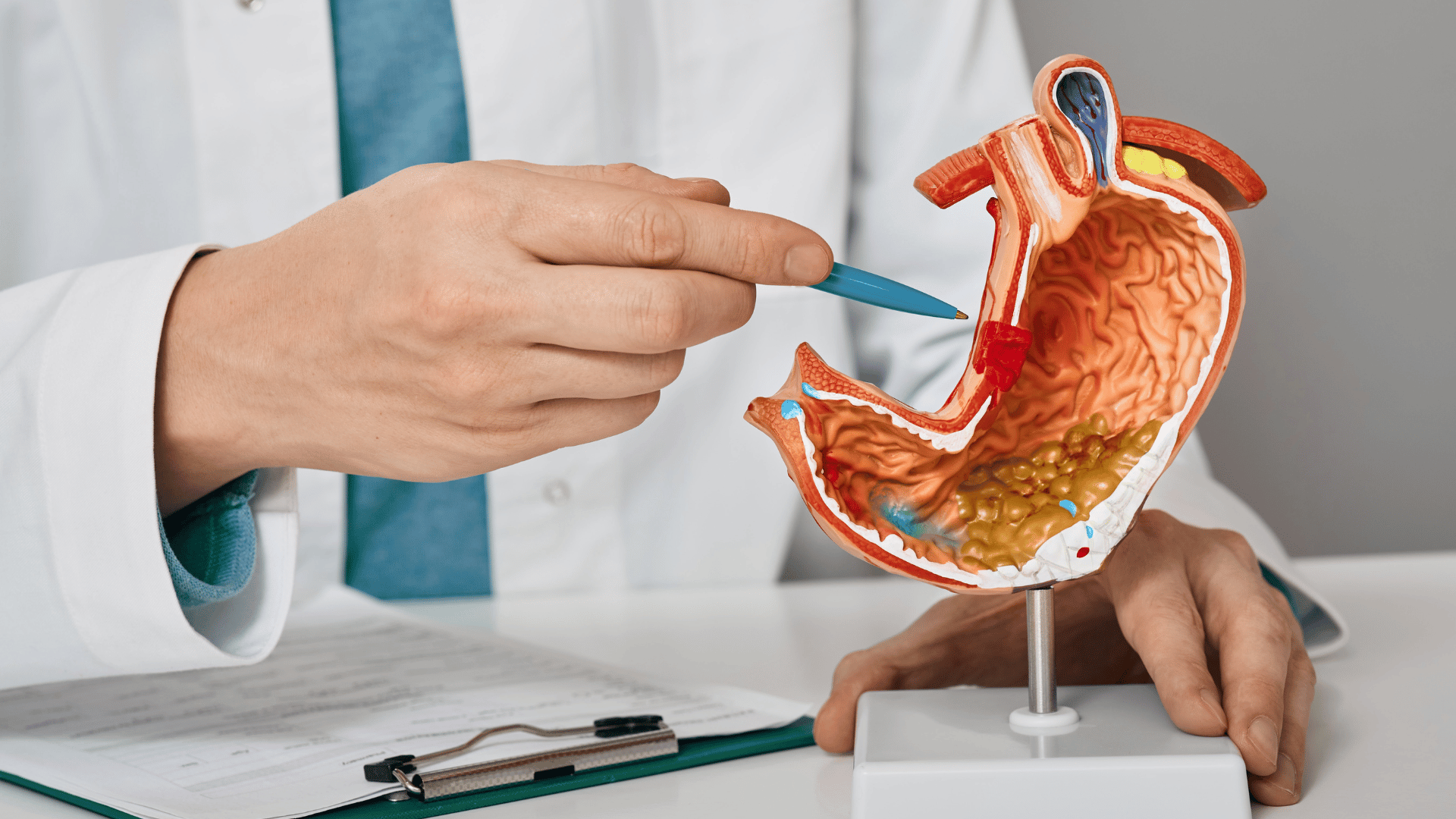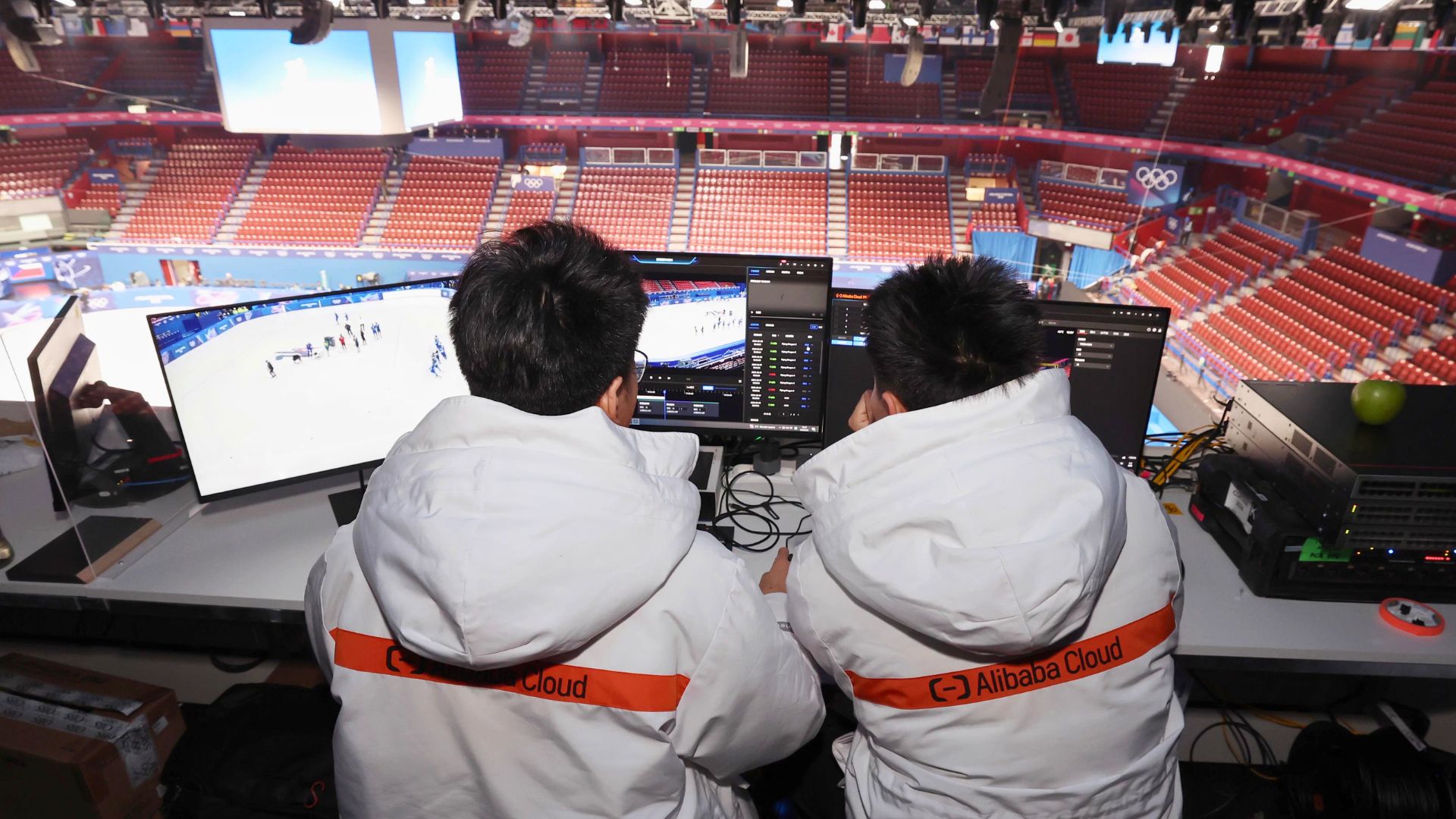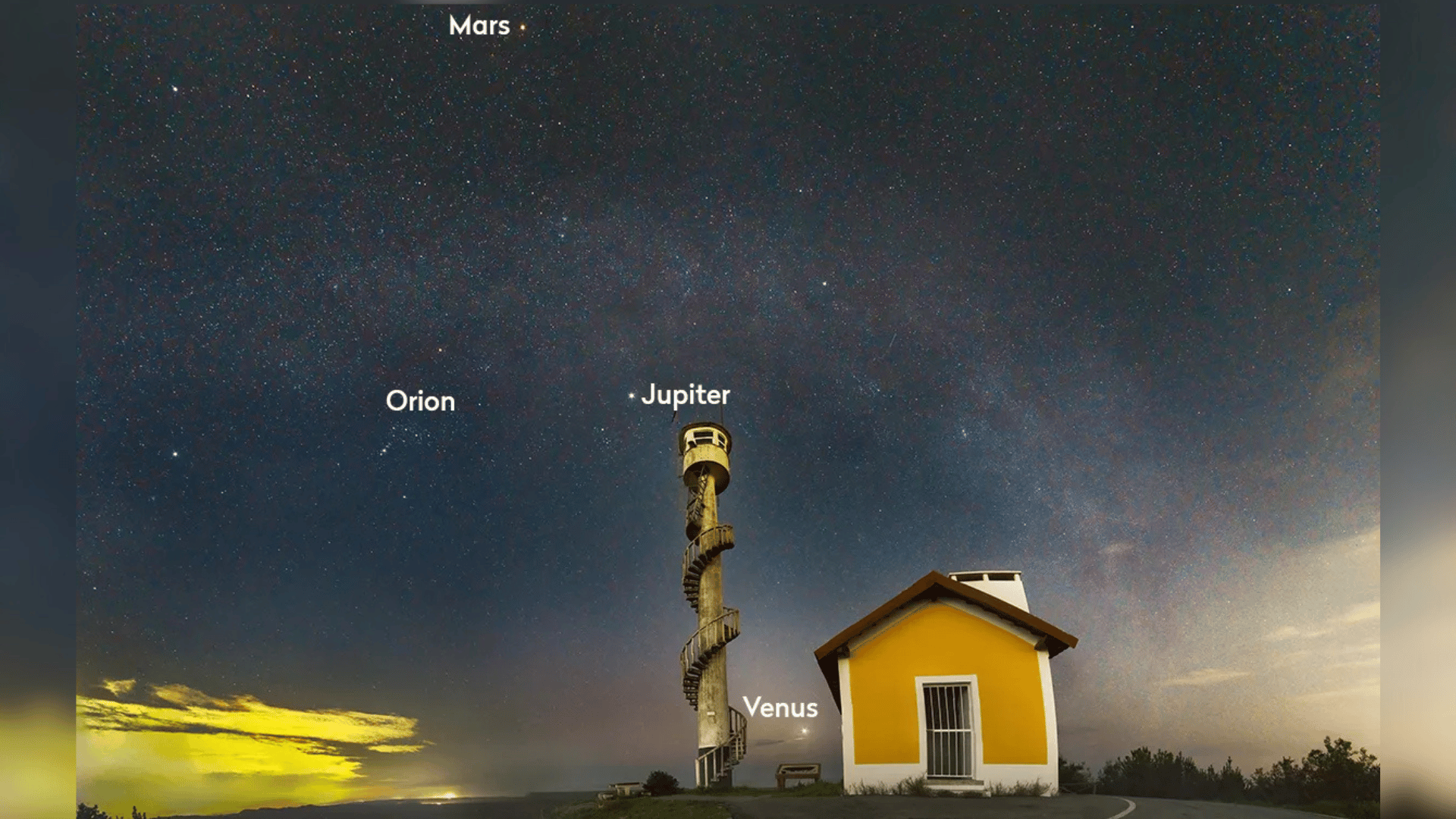Researchers presented the world’s first artificial intelligence (AI) model capable of detecting stomach cancer using only CT scans, even in its early stages. The new system, called ‘Grape’, was co-developed by Alibaba’s Damo Academy and the Zhejiang Cancer Hospital.
AI Model Beats Radiologists

According to Interesting Engineering, the model was backed by a large-scale clinical study, involving approximately 100,000 participants across 20 hospitals. Grape, short for gastric cancer risk assessment procedure, was created to address issues with cancer screening, in which the invasive nature of endoscopic procedures delays many patients from pursuing early testing.
Whereas traditional methods involve inserting a camera down the throat, Grape analyzes three-dimensional CT scans to detect signs of stomach cancer. This is potentially game-changing as this disease often stays undetected until it’s advanced to a dangerous stage.
Due to shifting anatomy and the subtlety of early lesions, plain CT scans have previously been regarded as an unreliable means of examining hollow organs like the stomach. To overcome this obstacle, researchers built the world’s largest dataset of gastric cancer CT images, providing the AI with the ability to recognize difficult-to-detect patterns.
“The pancreatic cancer [technology] proved for the first time that CT can be used for cancer screening, and the gastric cancer [model] proved that our set of technology solutions can be more widely used in gastrointestinal tumours,” Xia Yingda, a Damo senior algorithm expert and one of the lead authors of the research, said in a video published by Damo. “In the future, we hope that we can use CT and AI for more screening of multiple cancers.”
According to researchers, clinical trials showed that Grape significantly outperformed human radiologists when it came to spotting signs of stomach cancer. The AI achieved 85.1 percent sensitivity and 96.8 percent specificity, meaning that it detected more cancer cases and reduced the number of false positives. It even found tumors that human doctors had missed in some cases.
In one real-world case, for example, Grape detected late-stage gastric cancer in one patient approximately six months before it was identified by human radiologists. The model is currently being prepared for large-scale deployment across Zhejiang and neighboring Anhui province.
The study has been published in Nature Medicine.







